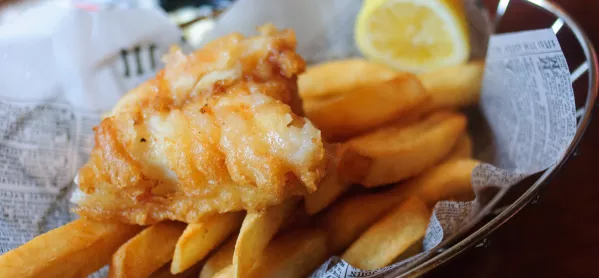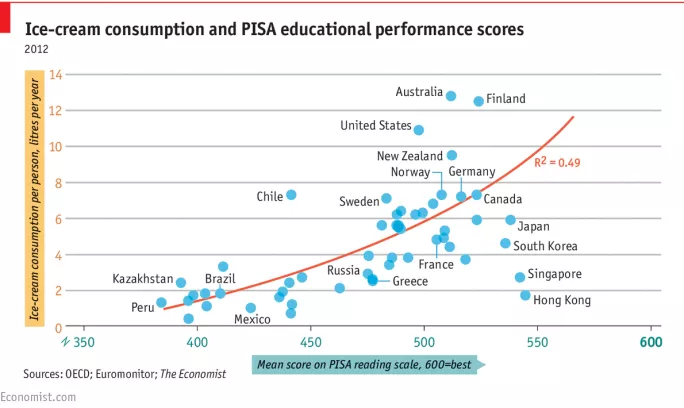When the next set of international education rankings is published next month, it will inevitably spark a hunt for any factors uniting the top performers.
But a leading education academic is issuing a strong warning against “over-simplistic” explanations of countries’ scores in the Programme for International Student Assessment (Pisa), for which the latest set of findings is due on 3 December.
The reasons behind countries’ Pisa performance are complex and numerous, John Jerrim, professor of education and social statistics, writes in a blog post.
Read: Pisa concerns ‘overblown’, claims academic
View: ‘It is ridiculous that Pisa is now making teachers anxious’
Analysis: London students do less well in Pisa rankings than GCSE
Professor Jerrim writes: “There are likely to be hundreds, if not thousands, of reasons why some countries do well on Pisa and others don’t. In reality, it is almost impossible to separate these competing reasons out.”
Why do some countries do well in Pisa?
Correlations still do not equal causation, he highlights. And correlations can be drawn between almost anything - but that does not always make them meaningful.
In the case of Pisa, an analysis by a group of epidemiologists found that the consumption of fish oil was a strong predictor of average test scores, Professor Jerrim explained. As a nation of fish and chips lovers, he added, this could be seen as great news for England.
But this is no reason to make fish and chips compulsory in all schools, he states.
Another analysis found that, in fact, ice cream is just as strongly correlated to Pisa scores as fish oil.
Plotting the level of ice cream consumption of a country against average Pisa reading scores, researchers found that there was a strong positive relationship between the two factors: the more ice cream a country consumes, the better it performs on Pisa scores.
Professor Jerrim concluded: “What we do know is that overly simplistic ‘explanations’ for the Pisa results must be avoided.
“Organisations like the OECD [Organisation for Economic Development, which runs Pisa] have their own agenda, and it is just too easy for such groups to use the results to promote their own hobby-horses.”






